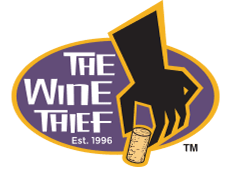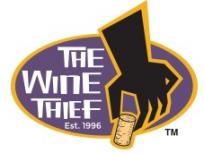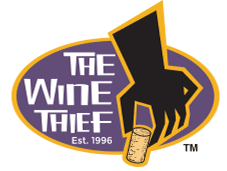Bichi - "Místico" Tinto, Tecate 2019 (750ml)
Price: $21.00



| Producer | Bichi |
| Country | Mexico |
| Region | Baja California |
| Subregion | Tecate |
| Varietal | Dolcetto, Cabernet Sauvignon, Cabernet Franc, Tempranillo, Malbec, Nebbiolo |
| Vintage | 2019 |
| Sku | 36260 |
| Size | 750ml |
Bichi Description
Some of the most authentic and delicious wines are born from the least expected places and most unlikely collaborations. In the rugged mountains of Mexico’s Baja California Norte, Bichi has put together one of the most exciting projects in the world of wine.
Noel Téllez and the Téllez family founded Bichi in 2014. The family is originally from Sonora, and the name of the winery, Bichi, means ‘naked’ in the Sonoran Yaqui language. From 2014 to 2017, Noel worked closely with his family and with Louis-Antoine Luyt (the French winemaker who made his name working with old vine País in Chile) to find and make wine from the area’s ancient vineyards of diverse varieties; today Noel collaborates with partner Maryam Hariri of California and Yann Rohel of Beaujolais. Their focus is on organic and dry-farmed heirloom vineyards that express the long and complex viticultural history of Baja California.
The history of grape cultivation in the area began with the arrival of Vitis vinifera in Mexico in the 1500s: Spanish colonialism brought Catholicism, and with it came the Missions and the vines. Vitis Vinifera thrived in the area, and the region was so well-suited to viticulture that the Spanish Crown imposed strict controls on wine commerce in fear of New World wine eating into the market for the produce of the home country. Viticulture, of course, continued: Catholic missions, settlers, and indigenous communities continued growing grapes and making wine throughout Baja California. The area’s main grape was the ancient Misión – known also as Chile’s País, Argentina’s Criollo, California’s Mission and the Listán Prieto of the Canary Islands (the variety’s oldest known location was in Castilla-La Mancha, Spain).
By Mexican independence in 1821, grape farming and wine production was quite widespread and secure in the area, and today most of Mexico’s wine is produced in Baja California in a stretch that reaches east from the coastal Valle de Guadalupe to arid Tecate. During American Prohibition, Mexican winemakers and (and some enterprising American exiles) produced illicit wine and brandy from these vines for the Los Angeles market, and vines dating back to the late 19th and early 20th century are not uncommon. As in Southern California, the dry climate and sandy soils are well suited to low-intervention farming for Vitis vinifera, as the risks of phylloxera and mildew are mostly absent – but bracingly hot days and rainless nights tend to result in low yields.
While the Valle de Guadalupe has overall adopted a more technological and modern approach, Bichi adheres to traditional methods and minimal intervention. Bichi farms 10 hectares of their own Tecate vineyards biodynamically and collaborates with a growing network of small farmers who work vineyards organically in Tecate and around San Antonio de las Minas in the coastal Valle de Guadalupe. Their work with Misión is notable, but other varieties include Rosa del Peru, Tempranillo, Palomino, Chenin Blanc, and harder-to-identify rarities - as in the No Sapiens vineyard, which is planted to a still-unidentified grape that resembles Italian Dolcetto. In the winery, grapes are destemmed by hand and gently trodden by foot, and fermentations are carried out by wild yeast in locally made concrete amphorae and flex tanks. The wines are raised in a mix of neutral barrels and steel vats, with only a minuscule 10 ppm of sulfur added at bottling when necessary.
It’s hard to talk about Bichi without mentioning the labels, which feature Mexican luchadores and express Noel’s sense of humor. Inside the bottles are incredibly vibrant and transparent wines that evoke the nearby Pacific Ocean, the granite soils, and rugged mountain vineyards of their region. Through the persistent work of the family and their farmers and collaborators, lively Baja wine is officially on the map.
Mistico is comprised of a field blend of grapes from the various parcels and terruños that Bichi works with in both Tecate and Valle de Guadalupe. The wine was vinified the same way as the other red wines, except for 1 tinaja of Tempranillo seeing some carbonic maceration.




